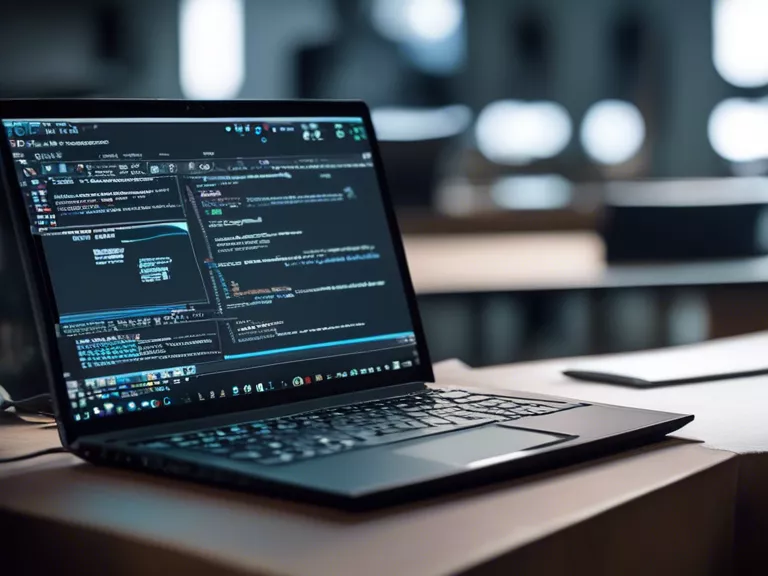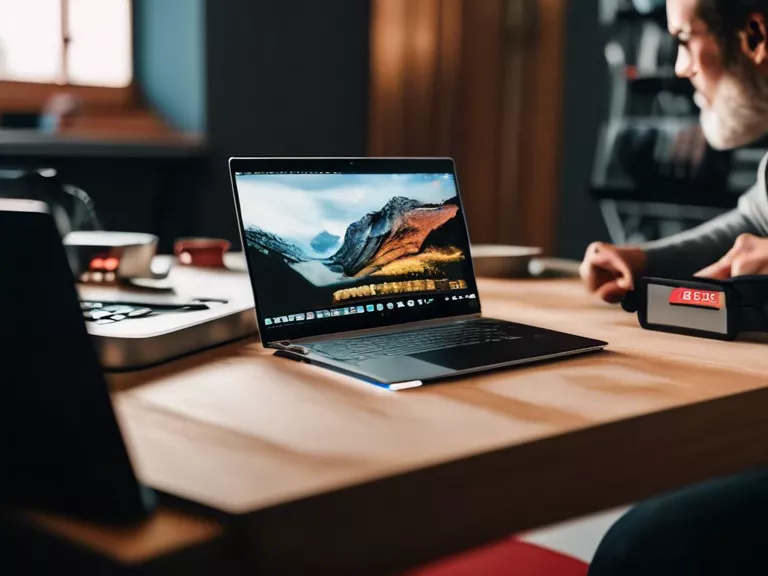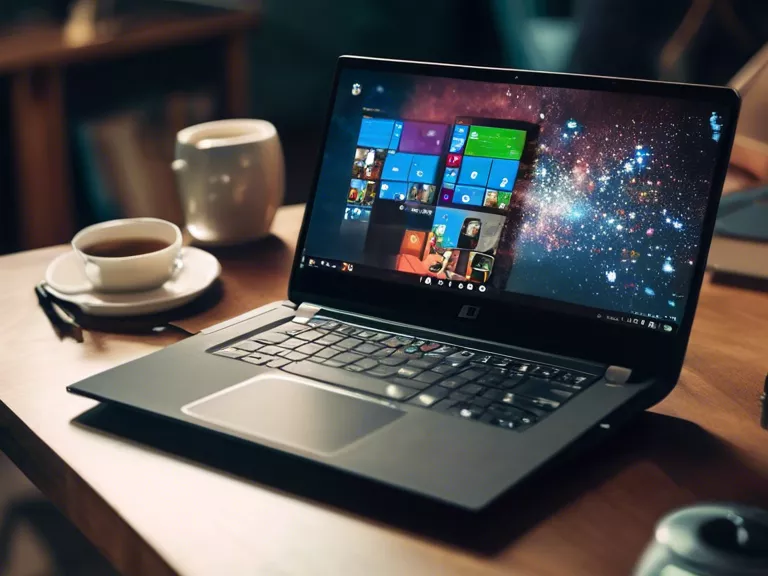
How to fix common software issues and troubleshoot laptop problems
In today's digital age, our laptops have become an essential part of our daily lives. From work to entertainment, we rely on these devices for a wide range of tasks. However, just like any other electronic device, laptops are prone to software issues and glitches that can disrupt our workflow. In this article, we will discuss some common software problems that laptops face and provide troubleshooting tips to resolve them.
Slow performance
One of the most common issues laptop users face is slow performance. This can be caused by a variety of factors, such as too many applications running in the background or a lack of system resources. To fix this issue, try closing unnecessary programs, cleaning up your hard drive, and running a virus scan to ensure your system is not infected.
Blue screen of death
The dreaded blue screen of death (BSOD) is a critical system error that can cause your laptop to crash unexpectedly. This could be due to hardware or software issues, such as faulty drivers or corrupted files. To troubleshoot this problem, try updating your drivers, running a system restore, or installing the latest Windows updates.
Wi-Fi connectivity issues
If your laptop is having trouble connecting to Wi-Fi networks, there could be several reasons behind it. Check if your Wi-Fi adapter is enabled, restart your router, or update your network drivers to resolve this issue. You can also try resetting your network settings or using a USB Wi-Fi adapter as a temporary fix.
Battery draining quickly
If your laptop's battery is draining quickly, it could be due to power-hungry applications or a faulty battery. To extend your battery life, adjust your power settings, disable unnecessary startup programs, and calibrate your battery. If the issue persists, consider replacing your battery.
Software crashes
Random software crashes can be frustrating and disruptive. To fix this issue, try reinstalling the problematic software, updating your operating system, or running a system file checker to scan for corrupted files. You can also check for conflicting programs that may be causing the crashes.
By following these troubleshooting tips, you can effectively resolve common software issues and keep your laptop running smoothly. Remember to back up your important data regularly and seek professional help if the problem persists.



